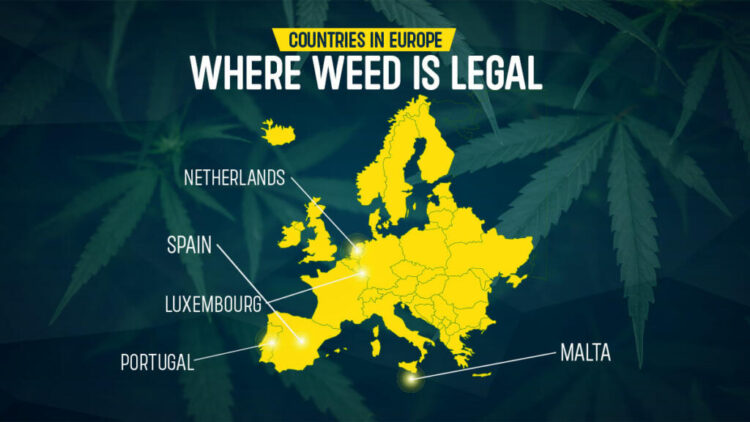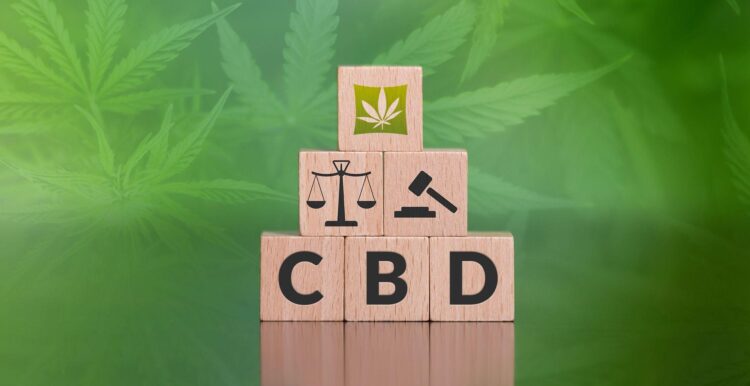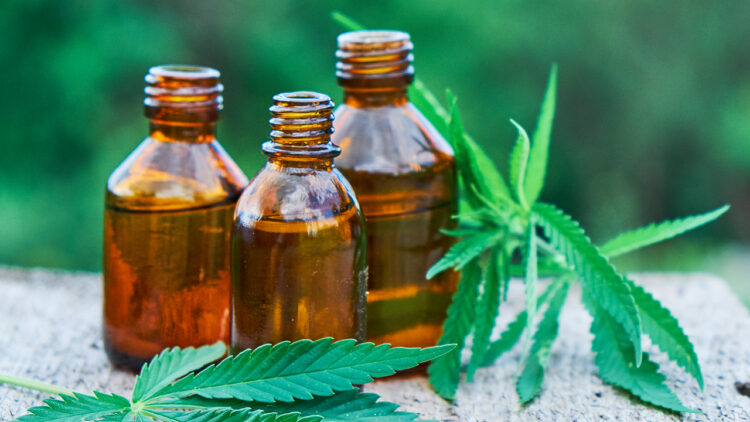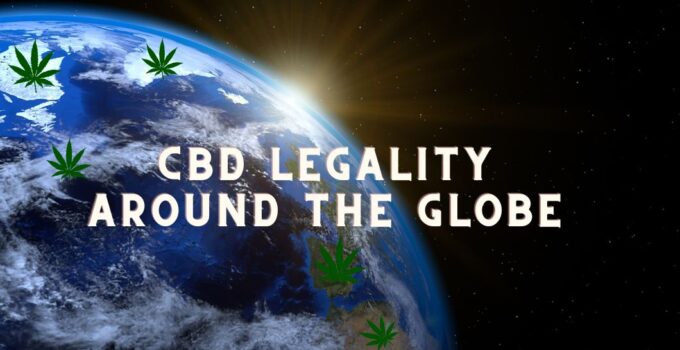The conversation surrounding cannabidiol continues to evolve globally. As interest in its potential health benefits grows, so does the scrutiny of its legal status. This guide offers a comprehensive overview of the legal landscape, providing insights into the complex regulations that govern its use around the world. We aim to present a clear picture of where CBD stands legally in various regions, making this intricate topic accessible to all readers.
Europe’s Legal Landscape

Source: philadelphiaweekly.com
Europe’s approach to legality is as diverse as its countries, with each nation setting its own rules. This variance reflects the continent’s rich cultural and legal diversity. Some countries have adopted a more liberal stance, allowing the use of specific THC content, while others maintain stringent controls, limiting its accessibility.
In Europe, the legal status ranges from fully legal to tightly regulated. Nations like Switzerland have embraced a more liberal policy, permitting products with up to 1% THC, significantly higher than the 0.2% threshold commonly accepted in other European countries. This openness has made Switzerland a hub for innovation and commerce. Conversely, countries such as Slovakia classify CBD as a psychoactive substance, effectively banning its sale and use. This wide spectrum of legal frameworks reflects the ongoing debate over CBD’s safety, efficacy, and classification.
For consumers and businesses, navigating Europe’s CBD regulations requires diligence and a keen understanding of each country’s laws. The European Union (EU) provides general guidelines, but national laws take precedence, creating a patchwork of regulations. This complexity underscores the importance of thorough research and compliance for those looking to explore or enter the CBD market in Europe. For more detailed insights into each country’s stance on CBD, you can visit resources like CBDproductsguide.com.
They can offer valuable information, helping individuals and companies make informed decisions.
Global Perspectives on CBD Legality

Source: hertshemp.com
The global stance on CBD legality is as varied as the nations themselves, with laws influenced by cultural attitudes, historical use, and scientific understanding of cannabis and its derivatives.
In the Americas, the legal status of CBD varies significantly. The United States, for example, has legalized hemp-derived CBD at the federal level, with the stipulation that it contains less than 0.3% THC. However, state laws can differ, adding layers of complexity to their legal status. Meanwhile, Canada has taken a more straightforward approach by legalizing cannabis and its derivatives, including CBD, for recreational and medicinal use, setting a precedent for progressive cannabis legislation.
Asia presents a mosaic of legal statuses, with some countries enforcing strict prohibitions while others gradually relax restrictions. Japan allows CBD without THC, whereas places like Singapore maintain a zero-tolerance policy towards all cannabis products. In Oceania, Australia has categorized CBD as a prescription medication, indicating a cautious yet open approach to its medicinal use. This diversity highlights the global debate on CBD and its place within society.
Conclusion

Source: ajc.com
Navigating the world of CBD legality requires a comprehensive understanding of international, regional, and local laws. The shifting landscape reflects a broader movement towards recognizing the potential benefits of CBD while balancing concerns about safety and misuse. As research progresses and public opinion evolves, we may see a more unified approach to CBD legislation. Until then, individuals and businesses must remain informed and compliant with the existing legal frameworks governing CBD use and distribution.




